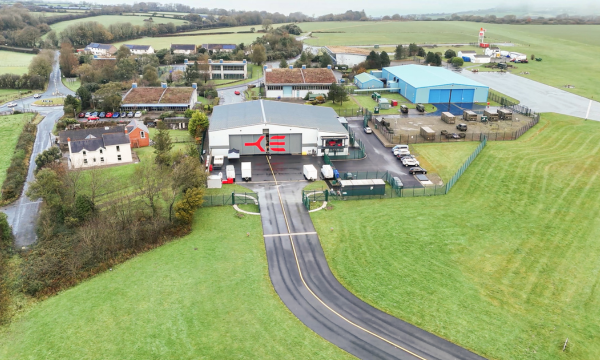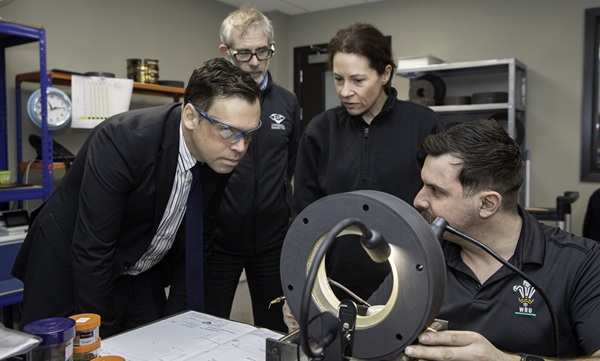
A managed services provider is urging SMEs to adopt Managed Detection and Response (MDR) as the new baseline for cybersecurity.
Today’s cyberthreats are powered by AI, capable of launching automated, precision-targeted attacks that bypass traditional security measures. However, SMEs are still relying on outdated cybersecurity approaches to keep them safe, warns Espria.
New industry figures show that UK businesses recovered £200m from cyber insurers in 2024 alone.
“Many SMEs still believe that their traditional security methods are enough to keep them secure. Belief that your business’ security can rely purely on antivirus, firewalls and the regular quarterly log reviews is unfortunately, a flawed assumption, and no longer enough for today’s security exploits,” comments Brian Sibley, Virtual CTO at Espria.
“The cybercriminals of today are already utilising AI-driven, automated attacks in huge quantities, which can bypass these legacy defences – with ease. The threat landscape has drastically changed from even that of only years before. Whilst bigger targets can have lucrative payouts, SMEs are prime targets for attack, not because they’re higher-value but because they’re often lower-hanging fruit – under-resourced and under-protected.
“Waiting for a security alert is not a strategy; it’s simply accepting your fate before the worst has even occurred. By the time a breach is detected via traditional security methods, the damage is most likely already done. We’ve seen attacks compromise entire business networks in hours – not days, hours – and without immediate containment, the consequences can be devastating; financial, operational and reputational.”
Sibley argues that Managed Detection and Response (MDR) offers a fundamentally different approach to security needed to combat modern cyberthreats.
“This isn’t just an issue of technology. It’s about having the right experts behind it, and a tool that’s able to proactively hunt for threats 24/7. By providing continuous monitoring, proactive threat hunting and expert-led responses, MDR offers a solution that many SMEs simply cannot achieve with their own technology, cybersecurity stacks, and in-house expertise.
“In combining advanced AI driven tools with human expertise to detect and contain threats in real time, organisations utilising MDR can dramatically reduce incident response and resolution times from months to minutes. Indeed, in some cases threats have been contained in under 30 minutes – a level of speed and precision that is critical against the clock.”
Sibley continues:
“MDR is delivered as a managed service, tailor-made for SME budgets while providing top-tier protection. It provides a level of robust protection without the overhead of building a full-scale Security Operations Centre; a cost-effective access to enterprise-grade security. This also helps bridge the cybersecurity skills gap by providing SMEs with access to expert analysts and threat responders without requiring a direct hiring budget.
“Additionally, insurers are increasingly rewarding businesses that adopt MDR, with lower premiums and broader coverage. Earlier this year, UK cyber insurance rates dropped by up to 11-12%, in the third quarter of 2025 for organisations able to demonstrate proactive threat management. It’s not just about protecting your business but also enhancing your insurability and peace of mind, which is a clear, and growing financial incentive.”
Sibley concludes:
“Proactive protection is no longer just a nice-to-have tool, but the new baseline for business security. An MDR offering provides that necessary strategic advantage, giving SMEs enterprise-level defences without the enterprise-level costs. As we approach the seasonal period, when cyberattacks are sure to spike, ensuring you have the baseline defences ready to protect business continuity is critical.
“Cybersecurity must move from reactive to proactive resilience. In today’s security landscape, staying stagnant and refusing to act can quickly snowball into even bigger security risks.”
















